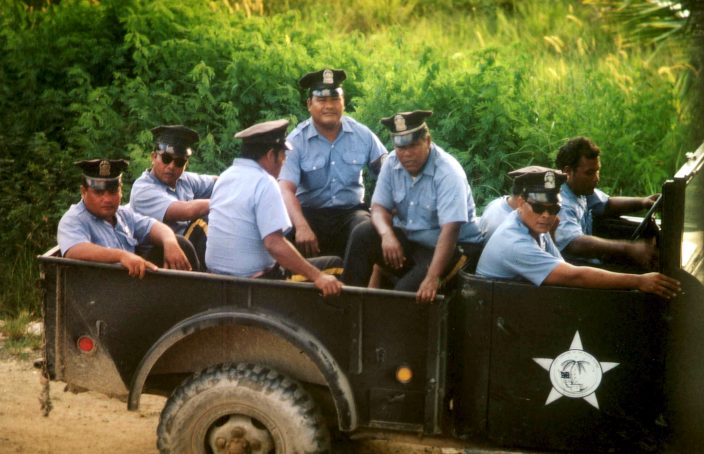Let’s Hear it for Shame IV: In Place of Shame
“Let’s Hear it for Shame,” a Five Part Series
At the risk of sounding like the old fogey that I am (80 years old, after all), I offer my thoughts on the passing of a key social tool. ?Let?s Hear It For Shame? is the title of this five-part series.
IV: In Place of Shame
If we think that shaming someone is harmful, let?s pause to consider the alternative.?
If we really believe that shame must not be used to control unacceptable behavior, then what can we use? Well, we can always resort to far worse kinds of punishment to do the job. Over the past forty or fifty years we have done just that as the criminal justice system has expanded enormously. This happened just as shame was judged to be a less effective, or maybe a less acceptable tool of social control.
If shame can?t do the job, our country decided, we will have to call on the penal system to do so?with its multiplication of criminal laws, its enlarged police force, its longer and often mandatory sentences. Why rely on subtle tools like shame when we can simply slap on the handcuffs and lock up the offender for a time? And if that doesn?t do the job, we can lengthen the prison sentence the next time.
The criminal justice system today intrudes into areas in which it formerly played a very minor role. It has crept into the neighborhood, onto the school grounds, and even into the very heart of the family. In the past, these areas didn?t seem to require much help from the police or the court system; shame was an effective enough weapon in communities where people interacted with one another almost every day.
But we?re living in a different age, some may object. For one thing, those institutions that once would have shielded the vulnerable from harm?or brought shame on the head of those who abused them?have come on hard times. The extended family and the neighborhood community, in the mainland US as in island societies, seem to have dissolved. The reasons for this have been argued repeatedly in the social science literature of our age. However we may explain their decline, these grassroots institutions seem incapable of performing today as they did so well in the past.
True enough, but let?s not give up on them entirely. Rehabilitation efforts are being made to restore at least some of their efficacy. Large family gatherings are becoming more common in the US, perhaps strengthening the links that might offer the solidarity and protection that small households seem to long for these days.
Small neighborhoods, too, seem to be reuniting in a campaign to look out for one another. Signs warning of the ?Neighborhood Watch? are often posted in the part of Buffalo in which I was raised. This offers more than just the hope of protection against property vandalism or theft. It might also relink neighbors to one another, maybe even to the point where wrong-doers can once again be tamed by shame rather than the fear of jail.
If some of the features of the old social environment are being restored, then there is reason to believe that the criminal justice system which has run wild in recent decades can be reversed. Shame can be at least as effective and is far less costly than the current default system for punishment. Is it too much to hope for a restoration of shame as a major part of social control?







